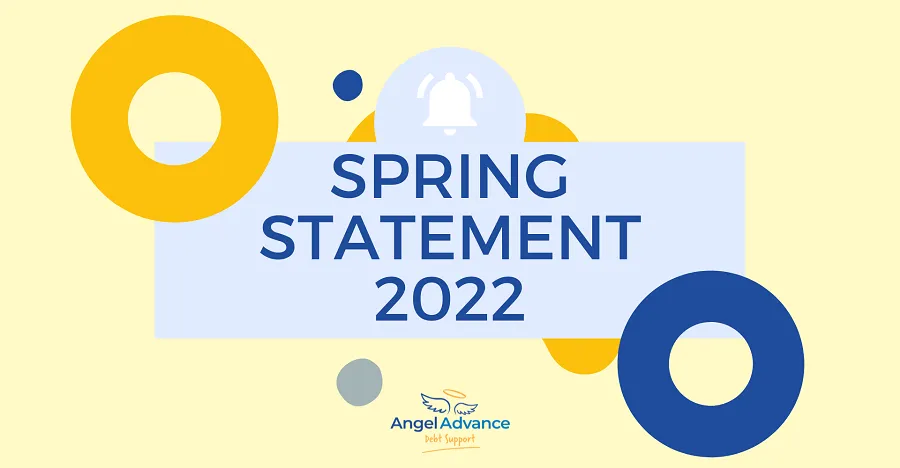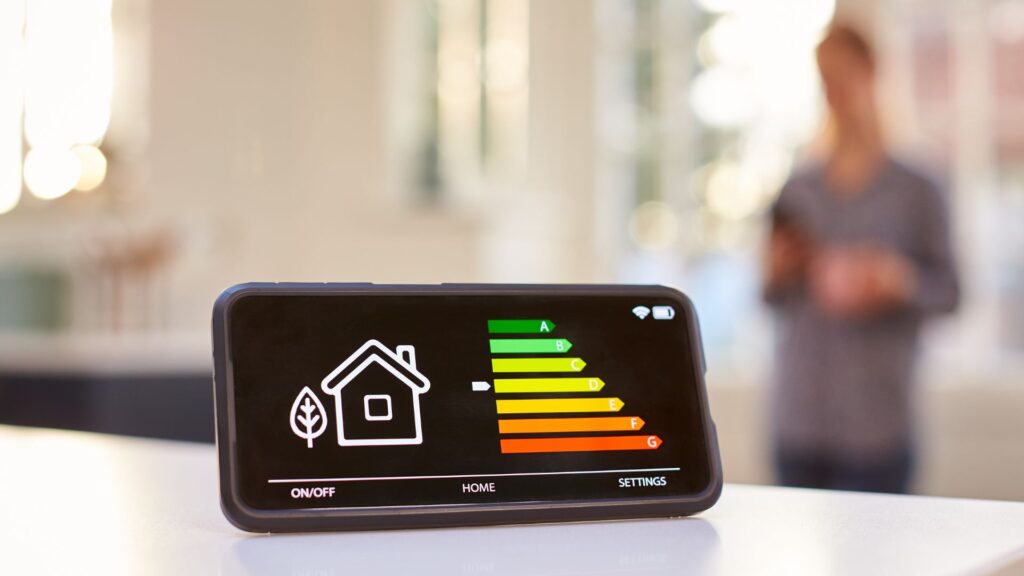As we battle a cost of living crisis the ‘mini budget’ seemed more crucial than ever, with many hoping the chancellor, Rishi Sunak, would announce measures to help UK households. We decode the financial jargon to see how exactly the 2022 Spring Statement affects you and your finances.
What is the Spring Statement and why is it important?
Also known as the mini-budget, the Spring Statement is one of two statements made each year by the chancellor to the House of Commons. The Spring Statement provides an update on the health of the economy, economic forecasts and any progress or updates from the Autumn Budget. While the so-called mini-budget is always important, this year the chancellor’s announcements were more eagerly awaited as a consequence of the cost of living crisis, rising fuel costs and record inflation levels which was announced at 6.2% prior to the chancellor’s mini-budget.
What was announced in the Spring Statement and how will it affect me?
Fuel duty
As the price of fuel rises to record highs, experts and consumers were hoping for some serious help when it comes to filling up. In response, Rishi Sunak announced that fuel duty on petrol and diesel will by cut by 5p per litre until March 2023. However, at the time of writing according to the RAC petrol prices in the UK averaged 164.59p with diesel standing at 178.13p highlighting that the chancellor’s cut to fuel duty cut will do little to combat the record high prices that UK motorists are facing.
Household support fund
In another bid to help households bear the brunt of the rising cost of living, the Chancellor announced that the household support fund will double to £1 billion. Aimed at supporting vulnerable families with short-term funding from local councils, the fund will receive an extra £500m in funding. While the move will no doubt help to ensure families get support with energy, water and food bills some experts are warning that the extra funds are a drop in the ocean compared to the amount of people needing help with their day-to-day bills.
Tax and National Insurance
Tax and National Insurance changes are always big ones to look out for in any budget and the 2022 Spring Statement was no different. In the short term, the threshold at which people pay national insurance (NI) will rise to £12,570 from July which the Chancellor says will be a ‘tax cut’ for 30 million people. This comes ahead of a planned NI hike in April, however, the changes announced in the mini-budget mean most will see a cut rather than an increase. In the longer term, the basic rate of income tax will be cut for the first time in 16 years from 20p to 19p in the pound. While this move will mean a tax cut worth £5bn for 30 million people, it does nothing to alleviate the financial pressure many households are currently under.
The energy crisis
With the energy price cap set to rise by 54% again in April 2022 and many UK households struggling to pay their energy bills, many were eagerly awaiting some government support to be announced in the 2022 Spring Statement. Rishi Sunak did announce that VAT will be scrapped for energy efficient measures meaning families can save money on solar panels, heat pumps and insulation. While these measures offer a long-term solution, again it will be little comfort to those currently choosing between using energy and feeding their families. This energy support does of course come in addition to the government support announced in February.
Is the 2022 Spring Statement positive news for consumers?
While the measures announced by the chancellor do of course contain some financial benefits, especially in the longer term, campaigners are concerned that the mini-budget failed to support the millions of UK households that are struggling with the rising cost of living. From a Windfall Tax to an increase in Universal Credit, pressure remains on the government to do more to help the vulnerable and put a cap on rising bills.
What action do I need to take after the Spring Statement
Measures such as the cut to fuel duty and changes to National Insurance will be applied automatically without consumers needing to take action. However, if you are struggling to make ends meet and are finding yourself in problem debt then you should seek debt advice from a trusted provider. Using our free online tool, we can recommend the best debt solution for you based on your circumstances. Get started today to see if our debt solutions can get you back on track.


